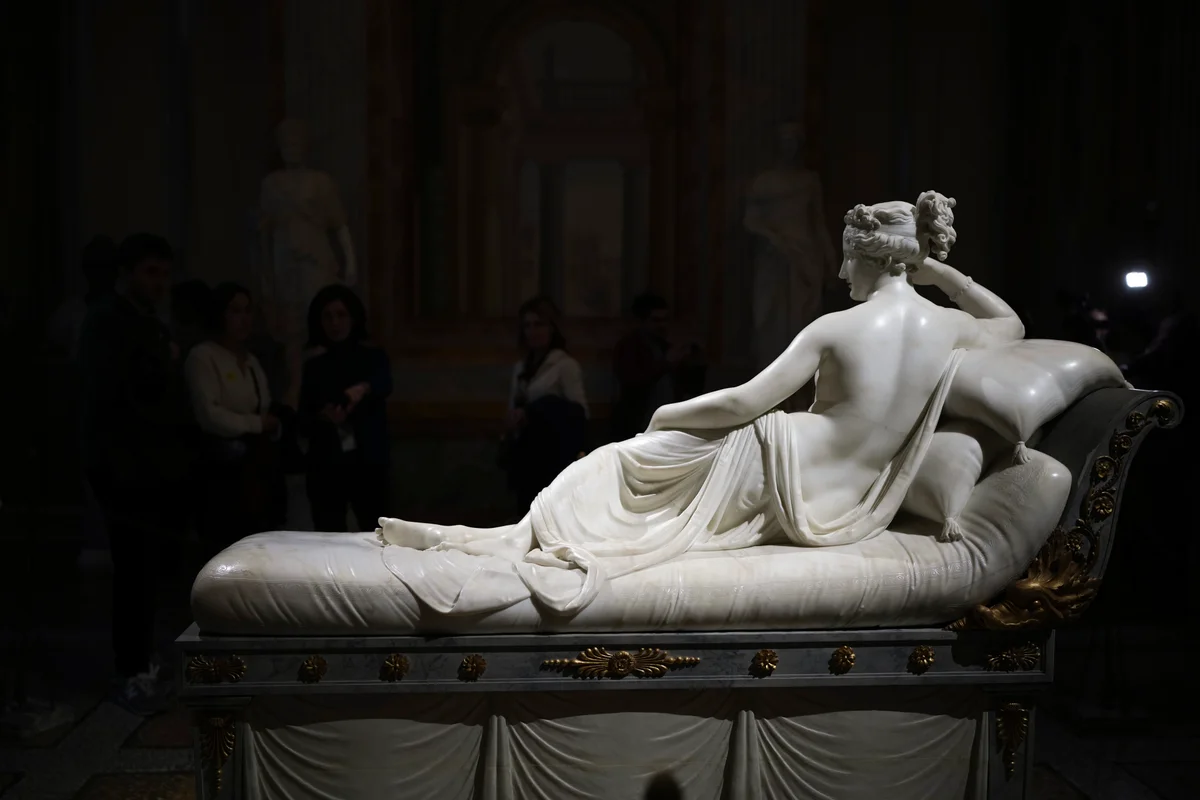By Konstantine Panegyres
To love and be loved is something most people want in their lives.
In the modern world, we often see stories about the difficulties of finding love and the trials of dating and marriage. Sometimes, the person we love doesn’t love us. Sometimes, we don’t love the person who loves us.
Ancient Greeks and Romans also had a lot to say about this subject. In fact, most of the issues people face today in their search for love are already mentioned in ancient Greek and Roman literature.
So, what did they say? And is the advice they put forward still relevant for modern people?
The Roman poet Ovid (43BCE–17CE) wrote a poem called The Art of Love (Ars Amatoria). In it, he offered advice for those who are still single.
First, Ovid says, you should make an effort to find someone you’re interested in. Your lover “will not come floating down to you through the tenuous air, she must be sought”.
As suitable places to find a lover, Ovid recommends walking in porticos and gardens, attending the theatre, or (surprisingly enough) lingering near law courts.
You need to catch someone’s eye and then invent an excuse to talk with them, he says.
Seek your lover in the daytime, says Ovid. Be careful of the night. You won’t choose the right person if you’re drunk. And you can’t see their face properly if it’s too dark – they might be uglier than you think.
Second, Ovid says you need to look presentable. Make sure your clothes are clean and you have a good haircut. Moreover, keep yourself groomed properly at all times:
Do not let your nails project, and let them be free of dirt; nor let any hair be in the hollow of your nostrils. Let not the breath of your mouth be sour and unpleasing.
Ovid’s The Art of Love may be regarded as a kind of love manual. But aside from making personal efforts to find a lover, people could also use matchmakers.
However, matchmaking was a difficult process. Sometimes matchmakers didn’t tell the truth about the situations of the parties involved. So the Athenian writer Xenophon (430–353 BCE) says people were sometimes “victims of deception” in the matchmaking process.
The ancients recognised that not being in love can be a problem. They thought it bad for your mental and physical health, but also for society more broadly.
For example, the Roman writer Claudius Aelian (2nd–3rd century CE) in his Historical Miscellany says soldiers who are in love will fight better than soldiers who are not in love:
In the heat of battle when war brings men into combat, a man who is not in love could not match one who is. The man untouched by love avoids and runs away from the man who loves, as if he were an outsider uninitiated into the god’s rites, and his bravery depends on his character and physical strength.
According to Aelian, the Spartans had a punishment for men who did not fall in love:
Any man of good appearance and character who did not fall in love with someone well-bred was also fined, because despite his excellence he did not love anyone […] lovers’ affection for their beloved has a remarkable power of stimulating the virtues.
So, when two people are in love, they can inspire each other and bring out the best in one another. Being in love can help a person become better and achieve more.
If we are lucky, the person we love will also love us back, and we won’t have any love rivals.
But what happens when the person we love is also loved by someone else? We may need to put in more effort to win the affection of that person, but sometimes this brings us into conflicts.
For example, the Roman orator and politician Marcus Tullius Cicero (106–43 BCE), in his On the Orator, tells how Gaius Memmius, Roman tribune of the year 111 BCE, apparently took a bite out of his love rival’s arm, “when he had a quarrel with him at Tarracina over a girlfriend”.
Some ways to keep one’s lover interested that are mentioned in ancient sources include showing off one’s wealth.
For example, in one of the plays of the poet Alexis (375–275 BCE) a young man who is in love puts on a large banquet to impress his girlfriend with a display of wealth. Engagements were at that time sometimes cancelled if it turned out the husband was too poor.
Of course, things did not always work out, and people had grievances against former lovers. One particularly famous invective was from the poet Martial (38–104 CE) to a woman called Manneia:
Manneia, your little dog licks your face and lips. Small wonder that a dog likes eating dung!
Today, we often see debates about whether it’s better to stay single or get into a relationship.
The same goes for antiquity. In the 4th-century BCE play Arrephoros or The Pipe Girl by poet Menander, one character says:
If you’ve got any sense, you won’t get married […] I’m married myself – which is why I’m advising you not to do it.
Others lamented that they missed their opportunity for love. So the poet Pindar (6th–5th century BCE) wrote a poem regretting that he could not make the much younger Theoxenus his boyfriend:
You should have picked love’s flowers at the right time, my heart, when you were young. But as for the sparkling rays from Theoxenus’ eyes, whoever looks on them and is not roiled with longing has a black heart forged with cold fire out of steel or iron.
Clearly, finding a lover was as difficult then as it is now.
Konstantine Panegyres is a Lecturer in Classics and Ancient History at the University of Western Australia, Perth. This article is republished from The Conversation under a Creative Commons license. Read the original article
